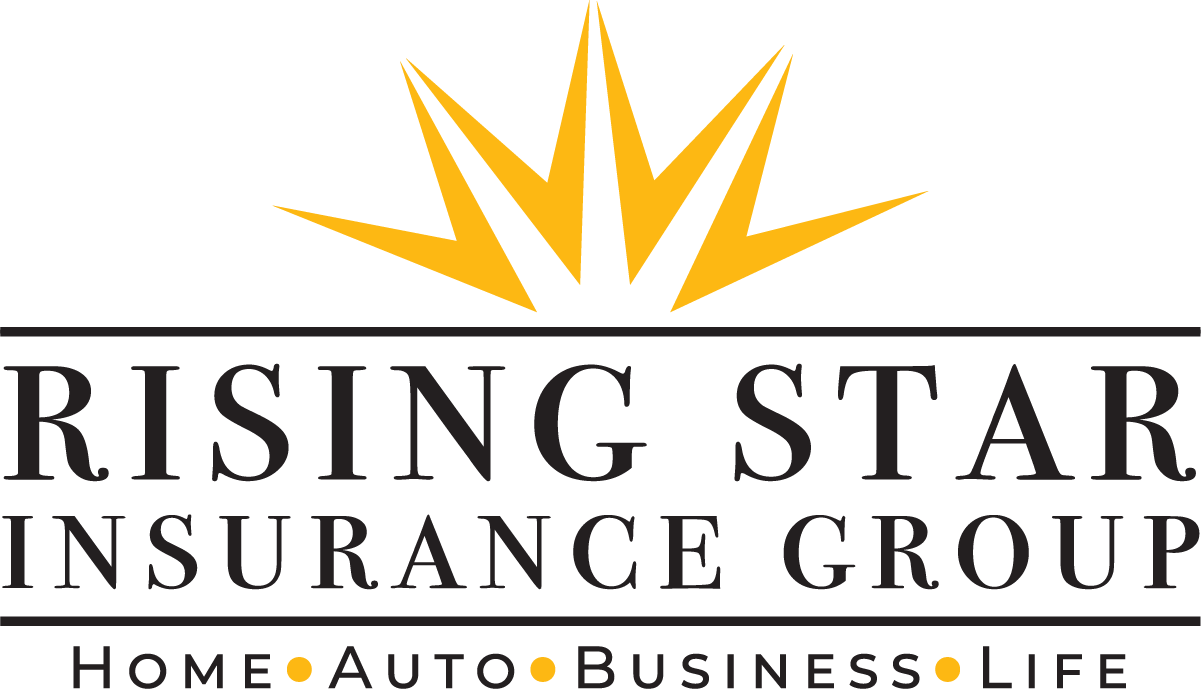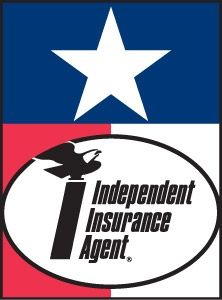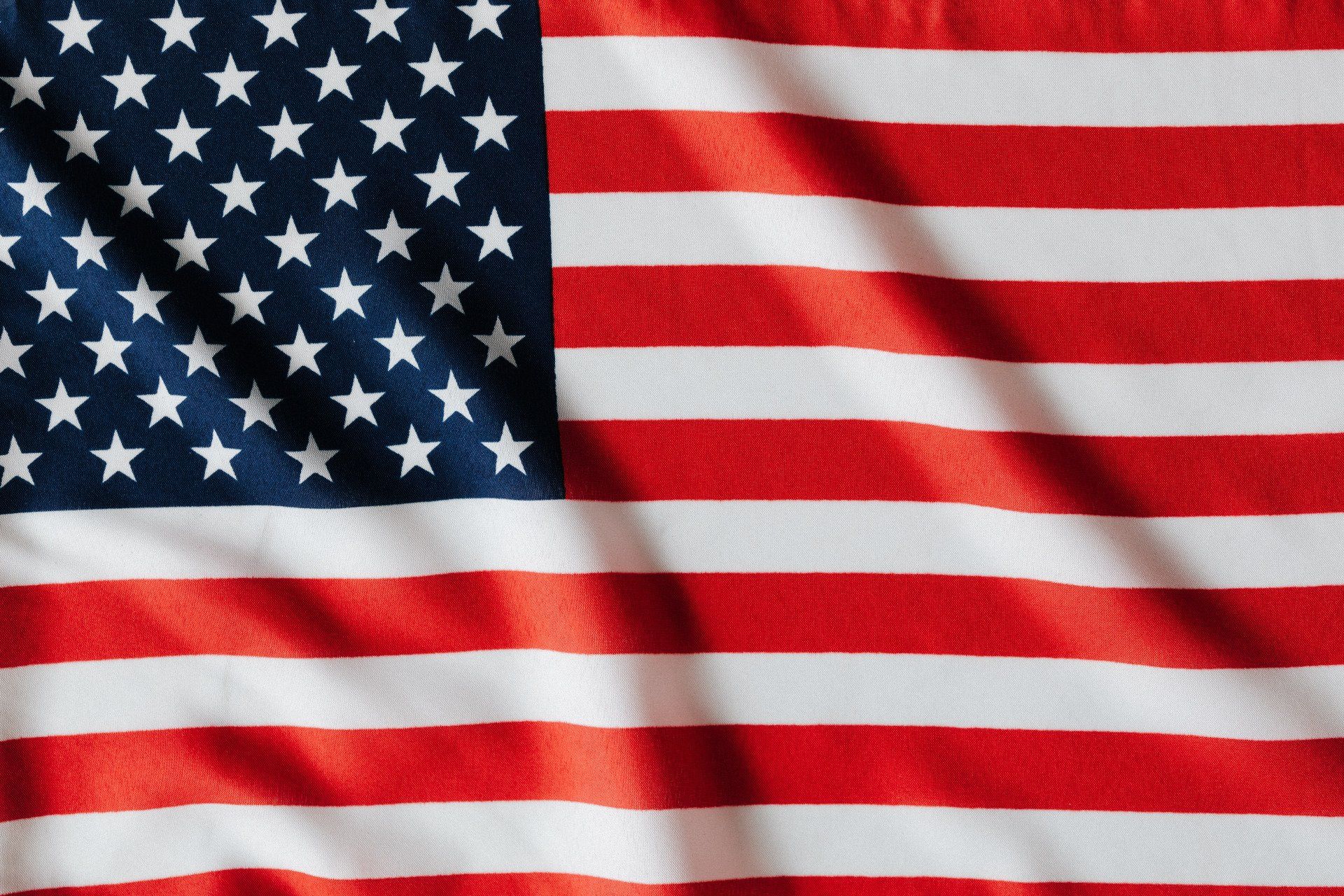When it comes to homeownership, few things are as unsettling as managing unexpected damages, like those caused by a fallen tree, fire, or flooding. These incidents often lead to unavoidable stress and, even more crucially, raise questions about insurance coverage. Understanding your insurance responsibilities in these situations is essential to ensuring your financial protection. In this blog, we will break down common questions about homeowners insurance and property boundaries.
Tree Damage Responsibility
One common concern for homeowners is dealing with tree damage. If a tree from your neighbor's property falls onto your home due to a storm, you'll typically find that your own insurance is designed to cover the damage. But what if the tree was already dead or in poor condition and your neighbor was aware of the risk? In such cases, liability may shift, and your neighbor's insurance may be responsible for covering the damages.
Fire Damage from a Neighbor’s Property
Fire damage that spreads from a neighboring property is another hot topic. Generally speaking, your homeowners insurance is there to cover fire damage. However, if the fire was caused by negligence—like an unattended candle or faulty wiring—your insurance provider might seek reimbursement from the negligent neighbor’s insurance policy. This process can help ease some of the financial burdens associated with fire damages.
Flooding from a Neighbor’s Property
Flooding, especially when linked to poorly managed properties, can be a nightmare. Proving negligence in cases of water damage due to poor drainage, malfunctioning downspouts, or landscaping alterations can be challenging. It's crucial to note that standard homeowners insurance typically does not cover flooding, emphasizing the potential need for a separate flood insurance policy.
Shared Fence Repair Costs
When a shared fence is damaged in a storm, it's often assumed that both property owners will share the cost of repairs. However, if the damage occurs directly due to the actions of one homeowner, such as improper installation or risky tree placement, they may be required to cover the entire cost. Understanding this responsibility can save you from unwanted disputes and expenses.
The Insurance Claims Process
Understanding how insurers handle claims for neighbor-caused damages can be critical. The process of subrogation, where your insurer might seek reimbursement from the responsible party’s policy if negligence is proven, is a key aspect of this. When negligence can't be substantiated, your own policy is usually there to cover the damages without further involvement from your neighbor's insurance.
Given these insights, it's a great time to review your current policies and consider additional coverage, such as flood insurance, to bolster your protection. For personalized advice and peace of mind, consulting with an insurance professional can clarify coverage details unique to your situation.




